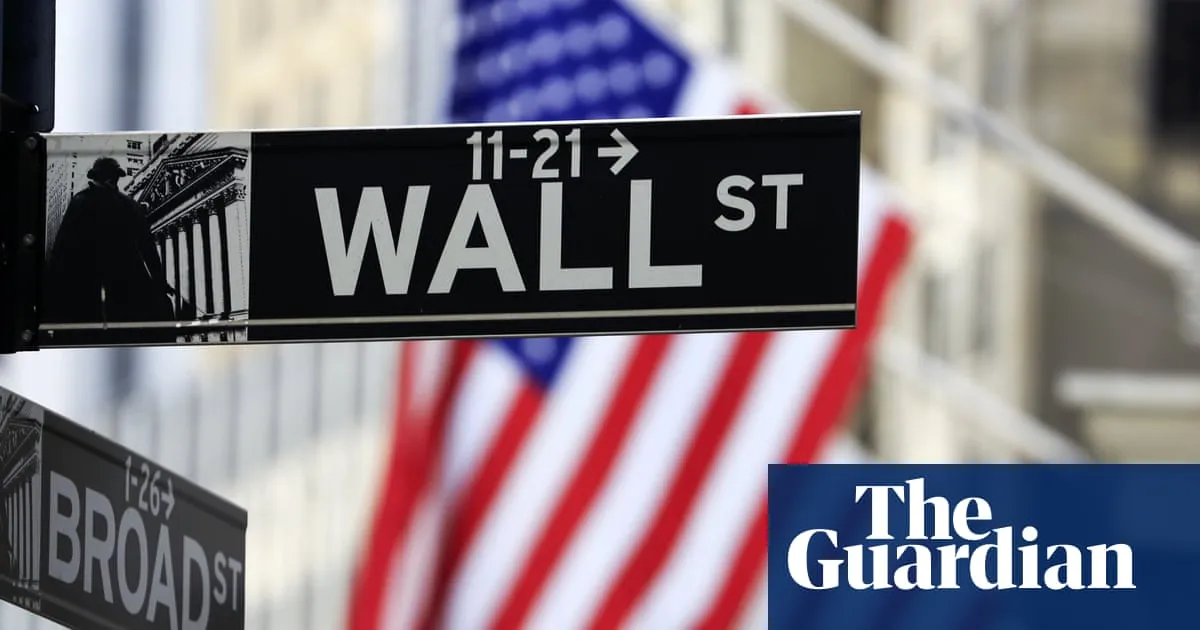
Donald Trump has recently made headlines with his decision to impose a staggering $100,000 (£74,096) fee on H-1B visas for skilled foreign workers. This significant fee hike, which is 60 times the current cost, was introduced in a proclamation signed on Friday. Economists caution that this move could have detrimental effects on U.S. economic growth, as it aims to encourage companies to prioritize hiring American workers.
The new fee represents a considerable setback for major tech companies, which heavily rely on H-1B visas to recruit engineers, scientists, and coders from abroad, particularly from India. According to Atakan Bakiskan, an economist at the investment bank Berenberg, this decision exemplifies the Trump administration's "anti-growth policymaking." He stated, “By making it very expensive for companies to attract foreign talent, and by forcing some international students to leave the country after graduation, the brain drain will weigh heavily on productivity.”
Berenberg has revised its estimate for U.S. economic growth downwards, from 2% at the beginning of the year to 1.5%. Bakiskan expressed concerns that if Trump does not reconsider the fee, the 1.5% growth forecast might soon appear overly optimistic. He warned that the combination of eroding trust in institutions, a loss of human capital, tariffs, chronic uncertainty, and unsustainable fiscal policies could heighten the risk of a financial crisis in the United States. Furthermore, these factors may pave the way for a weaker dollar and increased long-term yields.
Jim Reid, a market strategist at Deutsche Bank, noted that the new application fee has generated significant uncertainty for those dependent on it. Trump's announcement led to chaos within the tech industry, prompting some businesses in Silicon Valley to advise employees against traveling outside the country. In response to the uproar, the White House clarified that the new fee would only apply to new applicants and would be a one-time payment.
Kathleen Brooks, research director at the broker XTB, highlighted that Amazon employs the highest number of workers on H-1B visas, followed closely by Microsoft, Meta (the parent company of Facebook), Apple, and Google. While these tech giants have the financial resources to absorb the visa costs, other sectors that also depend on H-1B visas, such as healthcare and education, may face challenges in future recruitment.
In the first half of 2025, Amazon had over 10,000 H-1B visas approved, while Microsoft and Meta Platforms each secured more than 5,000 approvals. The H-1B program typically allocates 65,000 visas annually for employers seeking temporary foreign workers in specialized fields, with an additional 20,000 visas available for those with advanced degrees.
India has emerged as the largest beneficiary of the H-1B visa program, accounting for 71% of approved visas last year. In light of the new fee, the Indian government has expressed concerns about the potential humanitarian consequences and the disruption it may cause for families. On Sunday, Piyush Goyal, India's commerce minister, commented, “They are also a little afraid of our talent. We have no objection to that.”
Following the announcement, shares of major Indian tech firms, including Infosys and Tata Consulting Services, dropped by approximately 3%. Both companies utilize the H-1B program to deploy thousands of Indian professionals to clients in the United States, making the implications of this fee increase particularly significant for them.